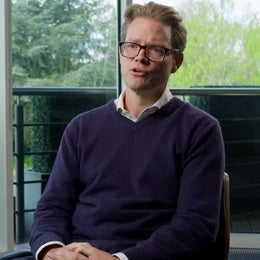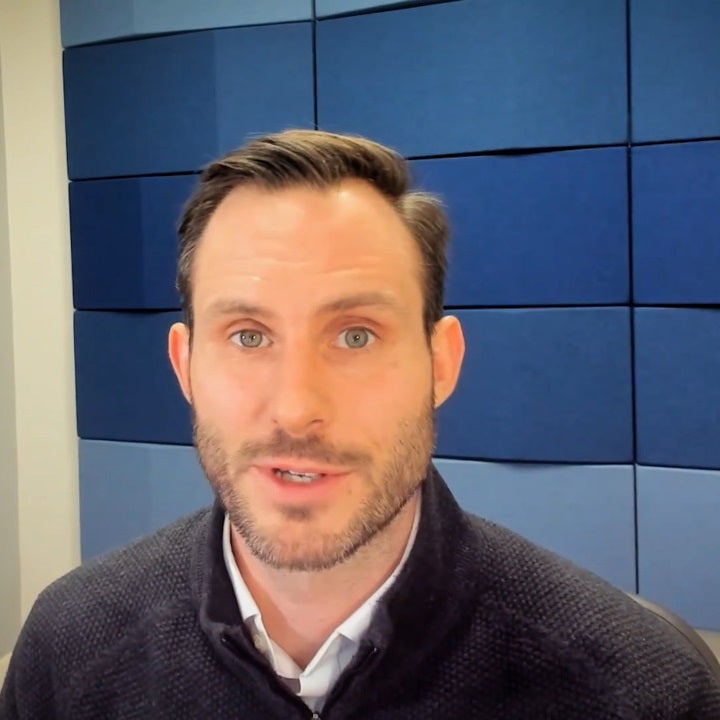
Equity strategies in uncertain times
In the uncertain environment, we’re constructing a well-diversified portfolio to help weather the current storm but also benefit when things improve.
Higher return potential from owning the best companies from around the world.
Potential for improved risk-adjusted returns from diversifying across many markets
Take advantage of out-of-favour sectors and regions, as well as mispricing of less-understood companies.
No single country has a monopoly on ideas, innovation, or ingenuity. But for many Canadian investors, one single country – Canada – dominates their portfolios. However, as Canada represents only 2.13%1 of global GDP, investors could be missing investment opportunities from around the world. World GDP growth is predominantly from outside the U.S. and Canada2.
| Fund code | Product Name |
Series | Strategy |
Vehicle | Description | Download |
|---|---|---|---|---|---|---|
| 1517 | F | Core |
Mutual Fund | Learn more | Fact sheet | |
| 1567 | F | Growth |
Mutual Fund | Learn more | ||
| 1777 | F | Balanced |
Mutual Fund | Learn more | Fact sheet | |
| 24947 | F | Income |
Mutual Fund | Learn more | ||
| 4447 | F | Balanced |
Mutual Fund | Learn more | Fact sheet | |
| 25247 | Invesco Global Opportunities Class | F | Growth | Mutual Fund | Learn more | Fact sheet |
We understood the importance of global investing early on and continue to seek great opportunities no matter where they originate. We have had a heritage of global investing since 1981 and we offer a range of actively managed equity strategies across global, international, and emerging markets (EM) to help meet investor needs.

Equity strategies in uncertain times
In the uncertain environment, we’re constructing a well-diversified portfolio to help weather the current storm but also benefit when things improve.

Invesco Global Dividend Class strategy update
In this five-minute video, Invesco Global Equity Income Fund Manager Joe Dowling shares the three key things he believes will impact the outlook for 2025: Donald Trump, artificial intelligence (AI) and ‘hangover stocks’.

We have one of the strongest, most stable economies in the world. Invesco’s Canadian equity strategies can help you navigate it.

Invesco's U.S. Equity Solutions can help provide the strong and stable benefits of investing in some of the world's most recognized companies.

Learn about Invesco's lineup of ETFs, including what they are, how they compare to mutual funds, and what types are available.
Invesco Global Companies Fund
About this product
This mutual fund seeks to achieve strong capital growth over the long term by investing in superior businesses, with strong balance sheets, run by management teams that are aligned with shareholders.
Invesco Global Select Equity Fund
About this product
Invests in high-quality companies with sustainable competitive advantages. Positions are bought at attractive prices, and given the strategy’s low turnover, these organic growers have the potential to compound economic returns over time.
Invesco Global Balanced Fund
About this product
Holds a balanced portfolio of equities, convertible and fixed-income securities issued by governments or corporations worldwide. The fund seeks to provide high total returns through income and strong capital growth.
Invesco Global Dividend Class
About this product
Seeks to generate a total return over the long term by investing primarily in dividend-paying equity securities of companies. The Fund targets high-quality companies capable of long-term dividend growth.
Invesco Global Diversified Income Fund
About this product
A high conviction, diversified portfolio, with a target of 60% global dividend-paying equities and 40% fixed-income securities
Invesco Global Opportunities Class
About this product
Targets smaller emergent growth companies from around the world that are exposed to structural growth trends.
Important information
NA5010850
Any statement that necessarily depends on future events may be a forward-looking statement. Forward-looking statements are not guarantees of performance. They involve risks, uncertainties and assumptions. Although such statements are based on assumptions that are believed to be reasonable, there can be no assurance that actual results will not differ materially from expectations. Investors are cautioned not to rely unduly on any forward-looking statements. In connection with any forward-looking statements, investors should carefully consider the areas of risk described in the most recent simplified prospectus. The views and opinions expressed are those of the authors at the time of publication, are based on current market conditions and are subject to change without notice. These opinions may differ from those of other Invesco investment professionals. There is no guarantee that these views will come to pass.
Commissions, trailing commissions, management fees and expenses may all be associated with mutual fund investments. Mutual funds are not guaranteed, their values change frequently and past performance may not be repeated. Please read the simplified prospectus before investing. Copies are available from your advisor or from Invesco Canada Ltd.
INVESTORS PLEASE NOTE: The information on this site does not constitute a recommendation of any investment strategy or product for a particular investor. Investors should consult their financial advisor before making any investment decisions.
This link takes you to a site not affiliated with Invesco. The site is for informational purposes only. Invesco does not guarantee nor take any responsibility for any of the content.